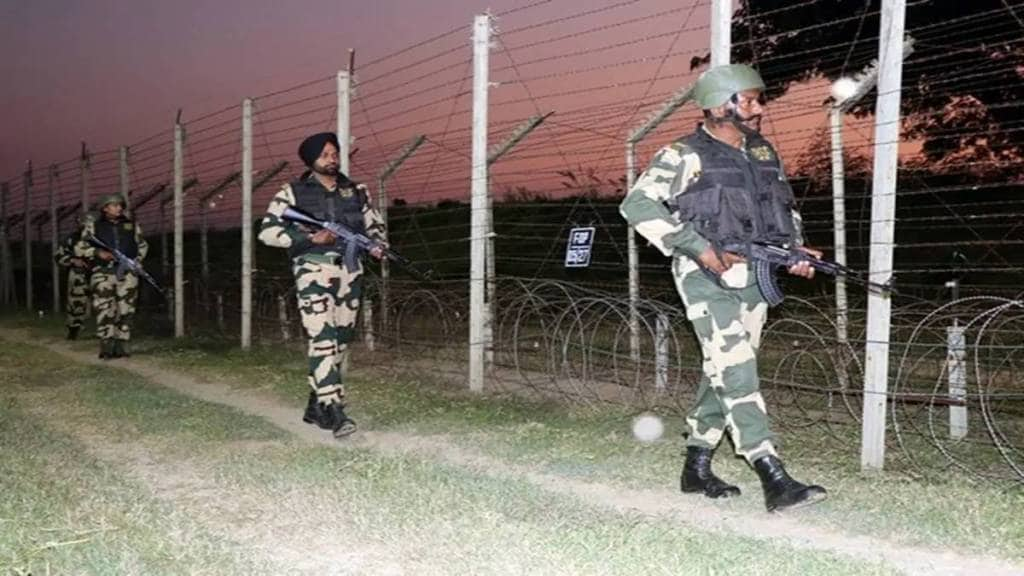By RK Arora
Border security is a critical concern for nations worldwide, and in the case of India, the border population plays a pivotal role in maintaining and enhancing border security measures. The individuals who reside in close proximity to India’s borders are uniquely positioned to contribute to the overall security infrastructure.
Through this article, I intend to shed light on the significance of the border population and their valuable contributions to border security, including their role as a valuable source of information, their ability to act as additional eyes and ears for border guarding forces, their contribution to the security infrastructure, and the importance of addressing socio-economic influences in border regions.
Living in close proximity to the border, the border population possesses first-hand knowledge of the region, making them attuned to any suspicious activities, smuggling attempts, or potential security threats. Through their close engagement with law enforcement agencies, they enhance situational awareness and aid in intelligence gathering along the border. Their observations and reports provide critical inputs to border patrol agents and authorities, assisting in the detection and prevention of illegal border crossings.
Furthermore, the border population’s familiarity with the local terrain, crossing points, and regular patterns of movement enables them to act as additional eyes and ears for border guarding forces.
With their unique insights and understanding of the border region and criminal modus operandi, they can identify unusual or suspicious activities that might otherwise go unnoticed. By establishing strong relationships with the local population, law enforcement agencies gain their trust and encourage prompt reporting of any signs of illicit border activities, effectively strengthening border security efforts.
Beyond their role in information sharing, the border population serves as a vital link between law enforcement agencies and the broader community. They play a crucial role in disseminating important safety messages, promoting awareness campaigns, and facilitating cooperation among various stakeholders involved in border security. By fostering a collaborative relationship with the border population, law enforcement agencies can tap into their local networks and community influence, creating a more robust security infrastructure.
Socio-economic conditions significantly influence the security situation in border regions. Economic disparities and limited opportunities in these areas create an environment conducive to criminal activities such as drug trafficking, human smuggling, and illegal trade.
It is essential for governments to address these underlying socio-economic issues to reduce the incentives for engaging in illicit activities. By investing in the development of border communities and providing better education, healthcare, and employment opportunities, governments can effectively enhance overall border security.
However, despite the crucial role the border population plays in border security, ineffective government policies can hinder their involvement. Neglecting their valuable knowledge and perspectives, coupled with inadequate engagement, trust-building, and socio-economic support, undermines their potential contributions to situational awareness, information sharing, and community cooperation.
Recognizing the border population as vital partners in the security process and actively involving them in decision-making can lead to more efficient and successful border security initiatives.
In conclusion, the border population in India holds an indispensable position in ensuring effective border security. Their unique perspective, local insights, and cooperation provide law enforcement agencies with invaluable support in securing borders, preventing illegal activities, and safeguarding the well-being of both the border population and the larger community.
By recognizing the border population as a critical stakeholder and actively engaging them in the security process, India can enhance its border security efforts, contributing to a safer and more secure environment for all.
The author is a Professor (Visiting) IIT Delhi with three decades of experience as a field practitioner of border security, cybersecurity, counterinsurgency and counterterrorism in various parts of India and abroad.
(Disclaimer: Views expressed are personal and do not reflect the official position or policy of Financial Express Online. Reproducing this content without permission is prohibited.)


